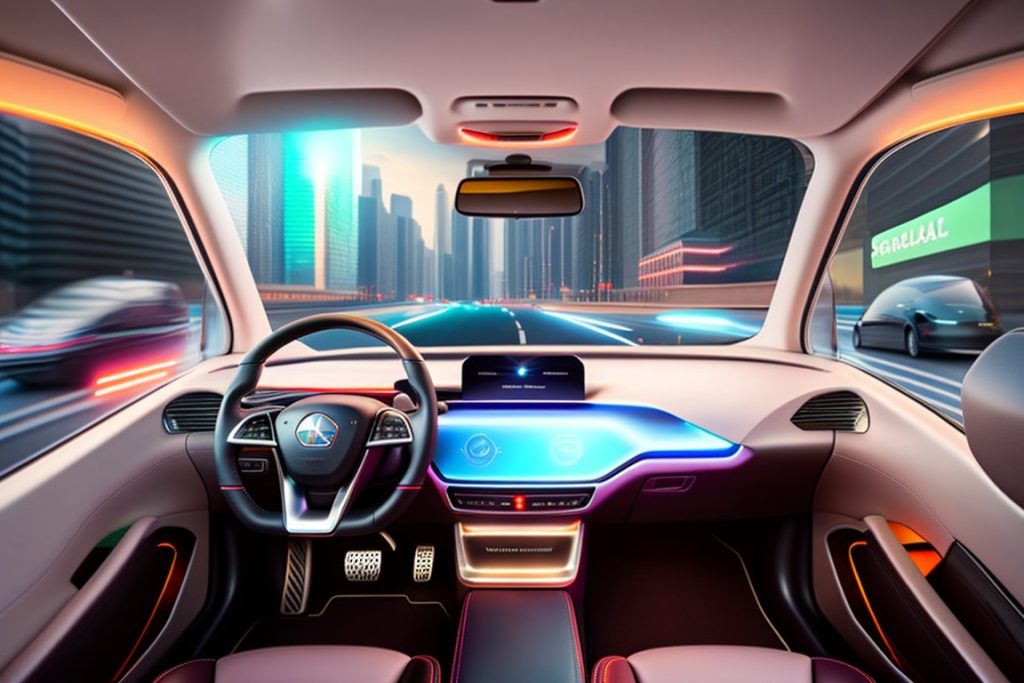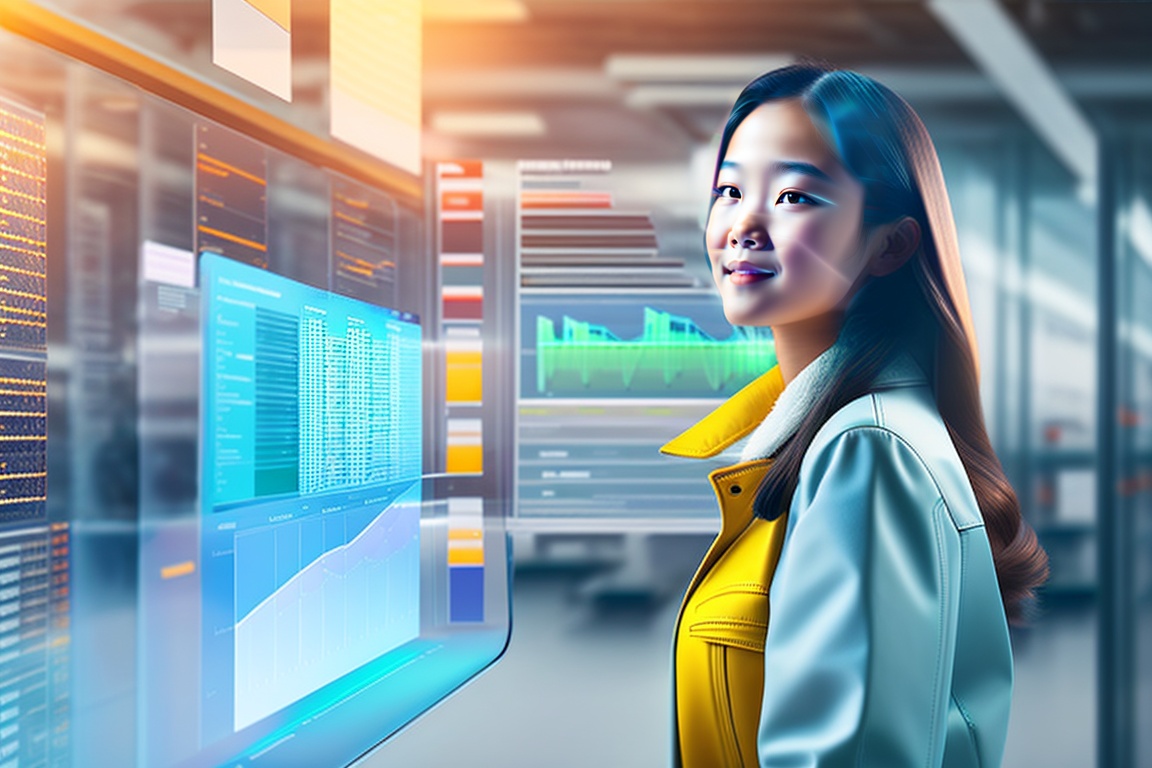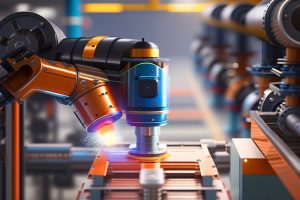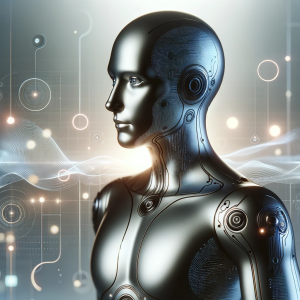Artificial Intelligence has become an integral part of our lives, transforming various industries with its powerful capabilities. But many wonder if AI job creation is real, contrary to the common misconception that it will lead to widespread unemployment. We will explore how AI is generating employment opportunities in diverse sectors and contributing to a more innovative and efficient job market.
AI’s Role in Job Creation
AI has emerged as a revolutionary force, augmenting human capabilities and revolutionizing the way we work. Rather than AI replacing jobs entirely, it is predominantly responsible for automating repetitive tasks and enhancing productivity, freeing up human potential for more creative and strategic roles. As a result, AI has given birth to new job categories and industries that cater to the growing demands of this ever-evolving technology. This is in addition to AI being a job enhancer.
New Opportunities in Data Science and Analysis
One of the primary areas where AI has paved the way for significant job creation is in data science and analysis. With the massive amounts of data being generated daily, businesses require skilled professionals who can harness AI technologies to derive valuable insights. Data scientists, data analysts, and AI specialists are now in high demand as they play a crucial role in interpreting data patterns and making informed decisions that drive business growth.
In addition, AI has given rise to new roles such as AI trainers and explainability experts, who are responsible for training AI models and ensuring transparency and fairness in their decision-making processes.
Niche AI-Related Careers
AI’s expansion has also led to the emergence of specialized job roles in niche areas. For example, AI-generated content writers have become sought-after professionals in the field of digital marketing. These writers work alongside AI language models, producing engaging content that resonates with specific target audiences.
Similarly, AI has given birth to AI ethicists who focus on the ethical implications of AI applications. Their expertise is vital in ensuring AI technologies are developed and deployed responsibly, safeguarding against potential biases and discriminatory practices.
AI-Driven Creativity and Design
Contrary to the belief that AI stifles creativity, it has opened new doors for creative professionals. AI-powered tools have significantly streamlined the design process, enabling graphic designers and artists to bring their ideas to life more efficiently. AI-generated art has even created a new niche in the art market, attracting collectors and enthusiasts alike.
Moreover, the gaming industry has seen a surge in demand for AI programmers and designers who create lifelike virtual environments and develop intelligent characters that challenge players, enhancing the gaming experience.
AI-Assisted Healthcare and Medicine
In the healthcare sector, AI is revolutionizing patient care and medical research. AI-powered diagnostic tools are helping doctors to detect diseases more accurately and at earlier stages, leading to better treatment outcomes. This has resulted in a growing need for medical AI specialists and healthcare data analysts who can interpret the vast amount of patient data generated by AI systems.
Additionally, AI has also facilitated the development of personalized medicine, which tailors treatments to individual patients based on their genetic makeup. As a result, the demand for genetic counselors and bioinformaticians has surged, as they play pivotal roles in analyzing genetic data and providing personalized healthcare recommendations.
AI and the Rise of Autonomous Vehicles

The advent of AI-driven autonomous vehicles has revolutionized the transportation industry. While it might seem like self-driving cars would lead to job losses for professional drivers, the reality is more nuanced. Instead of replacing human drivers entirely, autonomous vehicles have created new opportunities for professionals who specialize in AI-based vehicle control systems, remote monitoring, and vehicle fleet management.
Furthermore, the development and maintenance of these autonomous systems have sparked an increased demand for skilled engineers, researchers, and technicians with expertise in robotics and AI.
AI-Based Customer Support
Another area witnessing significant AI job creation is customer support. AI-powered chatbots and virtual assistants are increasingly being integrated into customer service operations to handle routine queries, providing quick and accurate responses. This has led to the rise of AI customer support specialists who oversee the development and management of these chatbots, ensuring they are continuously optimized to deliver exceptional customer experiences.
Furthermore, AI has facilitated sentiment analysis, enabling companies to gauge customer satisfaction and identify areas for improvement. As a result, roles such as customer experience analysts and AI-driven feedback specialists have emerged to help businesses enhance their offerings based on valuable customer insights.
AI in Education and Learning
The education sector is also experiencing a transformation with the integration of AI technologies. AI-powered learning platforms are reshaping the way students access and consume educational content, offering personalized learning experiences tailored to individual strengths and weaknesses. Consequently, the demand for AI education specialists, instructional designers, and e-learning content creators has surged to develop and maintain these sophisticated platforms.
Moreover, AI-driven learning analytics have become instrumental in assessing student performance and predicting learning outcomes. Institutions now require learning data analysts and AI learning strategists to analyze these data and implement effective teaching strategies.
AI for Cybersecurity and Fraud Detection
In the digital age, cybersecurity has become a top priority for organizations and individuals alike. AI’s ability to detect patterns and anomalies in large datasets has led to the development of AI-driven cybersecurity systems capable of detecting and preventing cyber threats in real-time. As a result, the demand for cybersecurity analysts and AI security experts has grown exponentially.
Furthermore, AI has proven invaluable in fraud detection and prevention. AI-powered algorithms can analyze transaction data to identify suspicious activities and protect businesses and consumers from financial fraud. Consequently, fraud analysts and AI fraud prevention specialists are now integral to maintaining the integrity of financial systems and e-commerce platforms.
AI in Environmental Conservation
Addressing environmental challenges is another realm where AI is making a significant impact. AI technologies are being employed to analyze environmental data and model climate change patterns, assisting scientists and researchers in understanding complex ecological systems. This has led to the emergence of AI environmental scientists and sustainability analysts who work towards finding innovative solutions for environmental conservation.
AI is also enhancing resource management, such as optimizing energy consumption in smart grids and improving water management systems. Consequently, AI energy analysts and water resource specialists are in high demand to create sustainable solutions for the future.
AI and Augmented Reality (AR) Applications
The combination of AI and Augmented Reality (AR) has given rise to a new wave of interactive and immersive experiences. AR applications powered by AI are reshaping the way consumers interact with products and services. For instance, AR-powered shopping experiences allow customers to virtually try on products before making a purchase, enhancing the retail industry’s engagement and driving sales.
This convergence has also revolutionized the field of advertising and marketing, with AI-augmented marketers specializing in creating personalized and targeted AR campaigns.
AI-Integrated Agriculture
In the agriculture sector, AI is fostering the development of smart farming practices. AI-driven systems can analyze environmental data, monitor crop health, and optimize irrigation schedules, leading to increased agricultural productivity and sustainable practices. As a result, AI agricultural analysts and precision farming experts have become crucial in ensuring food security and reducing environmental impact.
The Future Landscape of AI Job Creation
As we look to the future, AI will continue to expand its influence across various industries, driving further job creation. The ongoing advancements in AI technologies, such as quantum computing and natural language processing, will unlock new possibilities, opening doors to unforeseen career opportunities.
Furthermore, the integration of AI with other cutting-edge technologies, such as the Internet of Things (IoT) and blockchain, will create synergies that give rise to entirely new industries and job roles.
While AI job creation presents exciting prospects, it is essential to address potential challenges. The rapid evolution of AI demands a skilled and adaptable workforce that can keep pace with changing requirements. Encouraging investment in AI education and reskilling initiatives will be paramount to ensure that individuals are equipped with the expertise necessary to succeed in this evolving job landscape.
In conclusion, AI job creation is reshaping industries, generating new career opportunities, and transforming the way we work. From data science and customer support to education, cybersecurity, and environmental conservation, AI is creating a more diverse and dynamic job market. Embracing AI and investing in the development of human-AI collaboration will be key to thriving in this new era of technological advancement.




